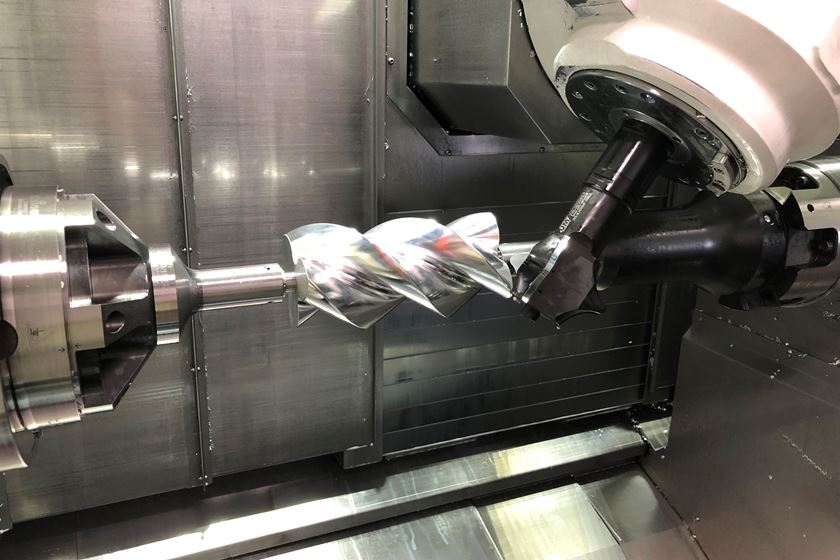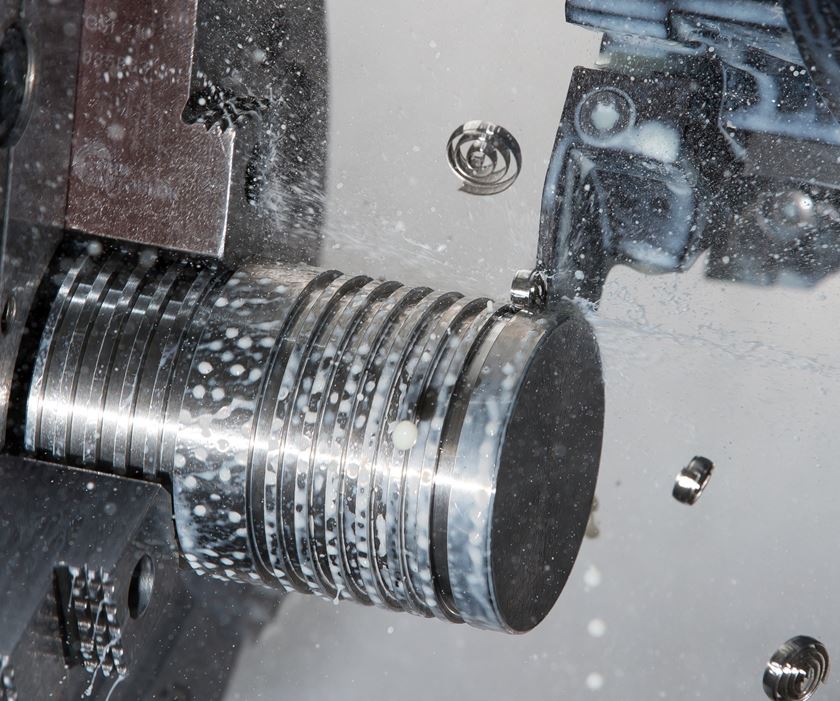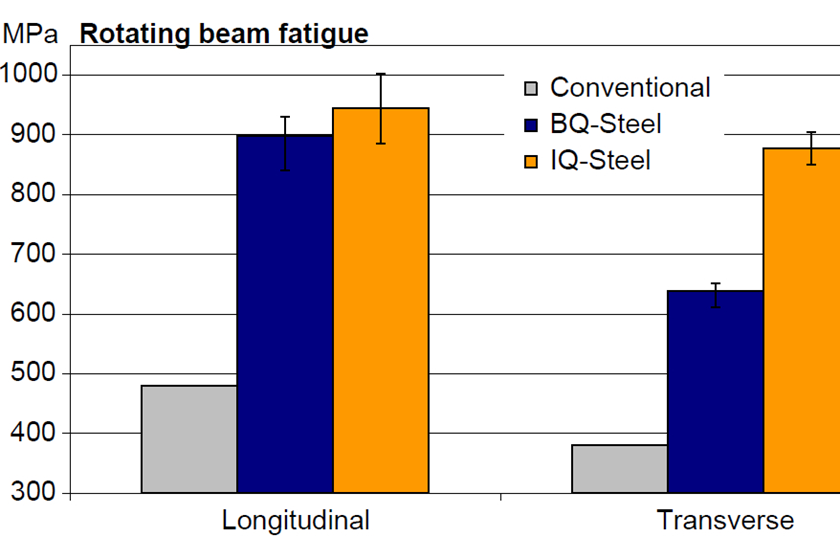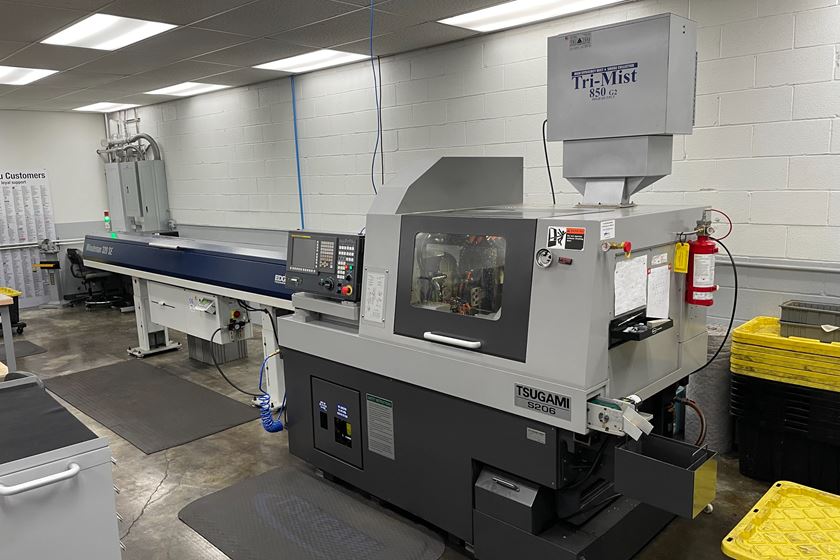Military Coaching's 4 Tips to Improve Employee Performance
Appears in Print as:'Military Coaching Improves Employee Performance'
True military coaching is an effective leadership technique to retain and develop employees and consists of describing the standards of performance to be successful in a position and then having frequent coaching sessions concerning the on-the-job performance.
#columns
你可能首先想到的“军事训练”as a tactic for using fear and screaming to get perfect results from soldiers who are first learning basic military skills. However, intimidation techniques rarely work as a path to developing higherleadership, initiative and critical skill sets among employees.
True military coaching is an effectiveleadershiptechnique to retain and develop employees. This type of coaching consists of accurately describing the standards of performance to be successful in a position and then having frequent coaching sessions concerning the on-the-job performance. The direct comparison of job performance contrasted with a clear, distinct and well-defined standard of performance is the best aspect of the military coaching session. Military coaching is all about performance and performance improvement. When we coach, discuss and teach to a clear, well-defined standard, it is easy to see what we need to do to improve and be successful.
Featured Content
The following four points offer guidance to those in business leadership roles who would like to try military coaching to develop a strong team around them:
Tip 1: Follow Defined, Written, Consistent and Achievable Standards. A great coach knows what they want from a team. More importantly, they tell the team in clear, simple and direct language what they want, and those expectations do not change. Coaching to improve a team or individual is about matching a person’s performance to a clear standard and then telling that person how they need to take specific actions to improve.
Tip 2: Have Frequent, Quality and Immediate Interactions. Performance coaching is about small, frequent and immediate meetings. Watch a sports coach in action during practice. She will be telling the players how to do a play better, giving 15-30 seconds of advice to a player, pulling another player aside for 3-5 minutes, and then working with another set of players more intensely for an hour. Coaching to each person’s needs in a manner that will improve their performance is necessary.
Tip 3: Know How to Give a Compliment. A compliment is a verbal or written recognition of a specific and definable event, action, date and outcome that an employee performed and something that the boss wants to be repeated. When you give a compliment, slow down and clearly state who did the activity well, what was the business outcome, what was the specific activity that created success, and what was the standard of performance that others can understand and repeat.
Tip 4: Vary Approach but Not Standards. Excellent coaches find a way to reach every team member, but they do not vary in their exacting standards. I remember when I first got to the infantry, my company commander kept me at the rifle range with some of the sniper instructors so I could become a great shot. I needed some extra work and my company commander, my coach, knew that I needed the extra work, and so I worked to get it right. His standards did not change. What changed was the approach so I could get the extra instruction I needed to meet the standard.
的秘密军事训练是基础to developing and leading others to even higher levels of performance. Coaching effectively means giving specific, actionable feedback to a clear standard, and developing improvement plans to be and remain a leader and a coach.
About the Author
Chad Storlie is a retired U.S. Army Special Forces officer, an Iraq combat veteran and has 15 years of university teaching experience as an adjunct professor of marketing. He is a mid-level B2B marketing executive and a widely published author on leadership, logistics, marketing, business, analytics, decision making, military and technology topics.
RELATED CONTENT
Preparing the Next Generation of Machining Talent: Q&A with FANUC America’s Joe Baldiga
What are FANUC and the machining industry doing to address the shortage of skilled manufacturing talent? We sat down with Joe Baldiga, who leads FANUC America’s efforts in Certified CNC Education and Workforce Solutions, to find out.
Create a Virtual Tour of Your Shop
Open houses and tours are techniques leading CNC machine shops use to market their operations to prospective new customers and new hires. It’s also possible to do this digitally like Roush Yates Manufacturing Solutions has, which is helpful in these strange days of social distancing.
Manufacturing Knowledge is Power
The Knowledge Centers with video produced by brands such as Production Machining on the IMTS spark online platform take deep dives into technology and trends related to various CNC machining and manufacturing topics.
















